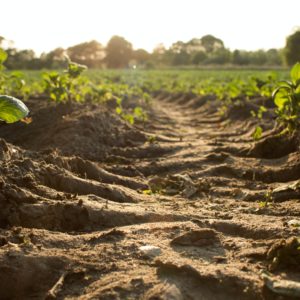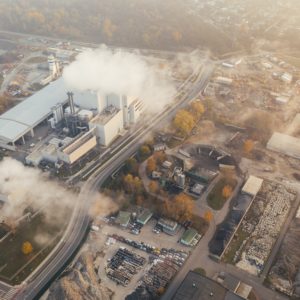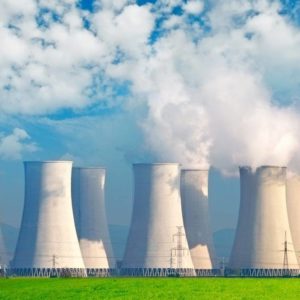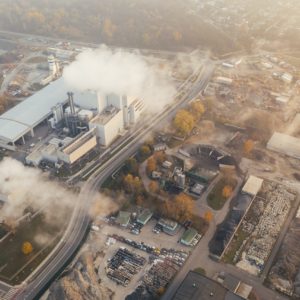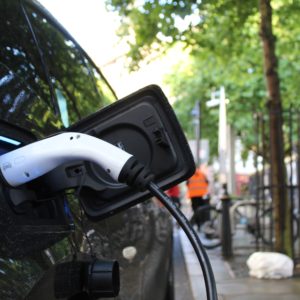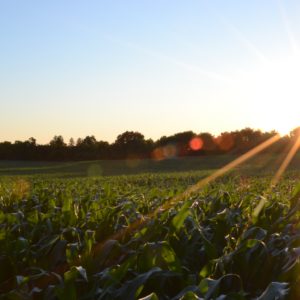“Regenerative farming not only has been proven to mitigate erosion and boost soil health — it may also be a huge opportunity to reduce the U.S. carbon footprint, gaining popularity among environmentalists as a potential tool in the fight against climate change.”
Carbon capture is vital to meeting climate goals, scientists tell green critics
“‘Carbon capture and storage is going to be the only effective way we have in the short term to prevent our steel industry, cement manufacture and many other processes from continuing to pour emissions into the atmosphere.’"
These 5 Advanced Nuclear Reactors Will Shape the Future of Energy
“The new reactor designs rushing into the scientific discourse deploy technology and even natural physics to make safer, often smaller designs that can be used in different contexts."
Germany Rejected Nuclear Power—and Deadly Emissions Spiked
The study found that this dwarfs the cost of keeping nuclear power plants online by billions of dollars, even when the risks of a meltdown and the cost of nuclear waste storage are considered.
Study finds viable pathways to “net-zero” U.S. emissions by 2050
“The 2050 target is achievable and affordable with ‘proactive policy and action,’ said Princeton University assistant professor Jesse Jenkins, a co-author of the study.”
Why Climate Change Hits Asia Hardest
"Asia is positioned well to address these challenges and capture the opportunities that come from effectively managing climate risks – if they decide to."
Waste milk could be used to reduce power plant carbon dioxide emissions
"‘Powdered milk can be converted into advanced activated carbons with the right porosity and surface chemistry to adsorb the CO2, allowing much better control than with the current materials used for this process, like coconut shells or coal.’”
Drop in pandemic carbon dioxide emissions previews world of electric vehicles
“When the San Francisco Bay Area mandated shelter-in-place March 16, it created a natural experiment for UC Berkeley's Ron Cohen, who had established an inexpensive pollution sensor network in local neighborhoods. The sensors showed carbon dioxide emissions plummeting 25 percent in the subsequent six weeks, mostly because of a 48 percent drop in traffic. Networks like this -- soon to be emplaced in Glasgow -- can track greenhouse gases and progress toward lowering them, including the impact of electric vehicles.”
How to unleash agtech in the fight against climate change
“We’re believers that there’s no comprehensive solution to climate change without major changes to the agricultural system. There will be multiple unicorn-level outcomes as companies begin reshaping the $7 trillion food industry while removing gigatons of carbon from the atmosphere. For those startups and investors fortunate enough to remain standing now, the ag industry just got a lot riper for disruption.”
Balancing nitrogen between food production and climate change
“It is very clear that only a joint view of organic carbon and nitrogen management will provide the synergies needed to address both food security and climate change. These goals can only be delivered in an effective way by working from the ground up, starting with those who manage the land and providing the site-specific and dynamic information systems that allow a systems view of soil health management. In our opinion, only a joint platform to address the carbon-nitrogen nexus in soil health management will accomplish that.”
